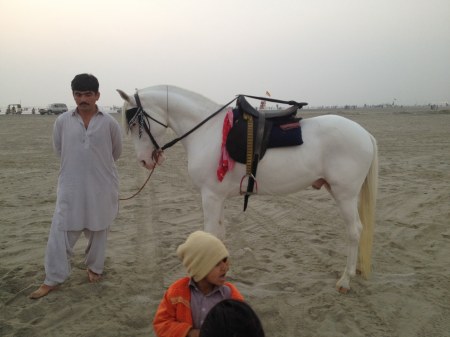Here we are on the deluxe tour bus with roofgarden, mini-bar and infinity pool.
Sophie Herxheimer, mutli-talented artist/poet, invited me to join this blog tour that asks four questions. Sophie’s thoughts on her process can be found here. Mine are below. I’m then handing the baton over to Laurie Gough, Anna Selby and Philip Cowell – I hope you’ll follow them.
Laurie Gough is an award-winning travel-writer in Canada, and long-time friend. You will shortly be able to see her response on her blog.
Anna Selby is a poet, dance collaborator, wild swimmer and Literature & Spoken Word Programmer at the Southbank Centre, London. I will be hosting her response here on my blog in the next little while.
Philip Cowell is a writer and part-time clown training in mindfulness. I will also host his response here.
I look forward to following this blog tour to get an insight into the processes of other writers. I hope you will follow it too – you can go backwards as well as forwards… maybe even sideways.
Comments are welcome, as always. You readers are such a quiet lot.
What am I working on?
I finally completed my first full collection at the end of last year. It’s been well over a decade in the making, with a lot of tweaking/adding/subtracting over the past 2 years. Stephen Knight, my mentor, gave me this very valuable piece of advice: “find the weakest poem and ask ‘would I be happy to stand by this, if this is what I was known for?’ Of course the manuscript is far from perfect but I am happy with those poems representing me. And I’ve started to think about possible themes for my next collection.
I’m also working on my first play, The Jasmine Terrace, which is an adaptation of my chapbook ‘The Courtesans Reply’. Playwriting was the last thing I expected to do, finding it hardest to write dialogue, but when I was writing the courtesan poems I kept seeing the characters on stage. The play as a form is exciting and demanding, with surprising paralells to poetry. A play is defined in Doctor Johnson’s dictionary as ‘a poem in which the action is not related, but represented..’ But once inside, it’s a completely different machine, and one I had little idea how to work. Thanks to some funding from the Arts Council, I had the support and guidance of a mentor, the wonderful Ella Hickson, who helped me to progress in a focused and supported way. The funding crucially allowed me to keep working on the play (instead of abandoning it for a badly-paid job as a half-rate secretary). I set myself the deadline of June 30th to finish another re-write – responding to feedback from the reading reading I had at Soho Theatre – before I look for a theatre who might help to develop it further. Hmmm… that’s tomorrow. So I’ll have to extend my own deadline.
When I’m working on the play, I have to get right in, like going into water over my head. Then I feel far from poetry. And when I’m working on poetry, the play feels far and unreal. So I constantly feel like a bit of a fraud – either playwright or poet, but not both at the same time, not actively.
How does my work differ from others of its genre?
I’ve always been interested in the shadowy terrain between forms.
With poetry, I think my poems that seem autobiographical very often aren’t – the I is not always me. Whereas the most autobiographical poem is one that is written as a fairytale. I like to play.
With playwriting, I’ve been told that my writing is very ‘very beautiful, very poetic’ – which immediately feels like a problem. It needs to be dramatic rather than poetic… which is what I’m working on fixing. I feel like Alice in Wonderland in the world of the play. It’s very exciting and new, but also disconcerting not to know for sure which way is up.
Why do I write what I do?
Subjects usually choose me, rather than the other way around. Something I’ve read or heard sticks its barb into me and niggles at me until I give it the attention it deserves. I came across the idea for my next play 3 years ago, and it’s been there on the back burner on a very low heat. It’s now coming to a simmer. The courtesans play is also on the heat, and nearly cooked. When I’m cooking, I find it hard to do several things at once – I do it but things are sometimes undercooked or burned. Can that happen to a play?
I once made my son sausages that were so burnt I tried to pretend it was intentional: ‘look, witches’ fingers!’. He obligingly ate 1 smothered in blood (ketchup) then said ‘I’m sorry Mummy, I can’t eat any more. It tastes like wood’. He was right – it did.
How does my writing process work?
See above. And I rewrite and rewrite. It’s hard to stop. Who was it that said ‘Art is never finished, only abandoned’? It was da Vinci (I just googled it) and not Andy Warhol as I read on someone’s t-shirt the other day.
When I’m working on something chunky like a play or a poem sequence, I tend to carry it in my head always, marinading, so that things I see – paintings, curator’s notes, flowers – can connect with it.
And now I must get out of bed (where I go to write and hide from the children) and hang up that wet laundry before it starts to smell. It’s a sunny day!






 Posted by Shazea Quraishi
Posted by Shazea Quraishi 